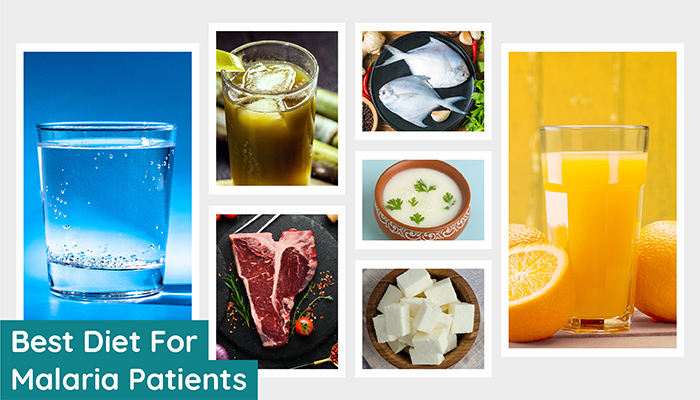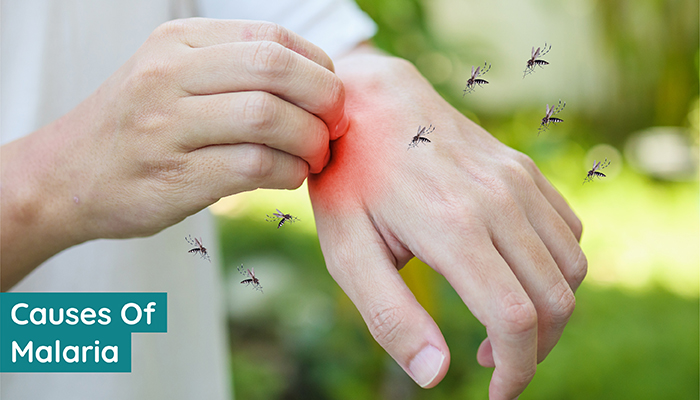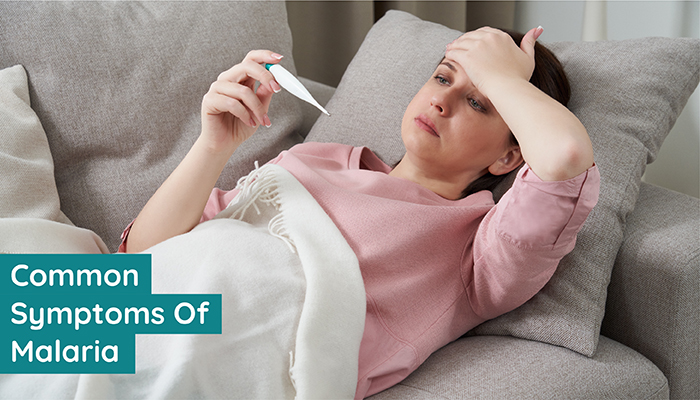Malaria is a serious and occasionally fatal tropical disease transmitted by a parasite and spread by mosquitoes. It’s common in Southeast Asia, the Middle East, South America, Oceania, and Africa. Malaria is spread by the bite of a female Anopheles mosquito. The mosquito is infected with the plasmodium parasite when it feeds on the blood of a person who has malaria. It then targets another human, and thus, the cycle of disease transmission continues. Though mosquito bite is the most common way malaria is spread among humans, it can also be transmitted by sharing needles and syringes with an infected person and through blood transfusions. A pregnant mother can also transfer malaria to her unborn child. Malaria is usually identified as uncomplicated and severe. Uncomplicated malaria can be treated by drugs, and the symptoms usually fade in a span of two weeks. Severe malaria, on the other hand, is usually caused when the disease is not tackled immediately. Those with low immunity like pregnant women, infants, and children are at risk of severe malaria. The common symptoms of malaria include: • Headache • High fever • Chills • Nausea and vomiting • Abdominal discomfort • Loose stools • Fatigue • Body ache • Muscle and joint pain
Treatment of malaria
Anti-malarial drugs are the most effective way to kill the plasmodium parasite in your system. They act quick, in about 2 to 3 weeks. There are some species of the plasmodium parasite that may not be completely removed from the system. So, the doctor may give you a second treatment course to ensure there are no malaria relapses.Malaria patient’s diet
While experiencing symptoms and when you are in recovery, your body is in a delicate state. Nutrient dense foods that are high in calories but also easy to digest are integral to the malaria diet. Food for a malaria patient should also focus on not affecting the kidneys, liver, and digestive system. Your doctor will also give you vitamins supplements to take along with your medication to increase the levels of important nutrients. If you are recovering from malaria or have a loved one who is sick, here are some points to consider while deciding a malaria diet chart at home:- Loss of appetite due to fever: Eating becomes a challenge because a high fever will decrease your appetite exponentially. Eating solid foods may also pose a difficulty. So, you can go for items that give instant energy like glucose water, sugarcane juice, fruit juice, coconut water, ORS, or electoral.
- Prioritise protein intake: Tissue loss is a possibility with malaria. Your body is working extra hard to tackle the parasite causing the illness. So, you should consume high-protein items like dairy products (milk, curd, buttermilk, paneer), eggs, fish, and other meat. If you are vegan or vegetarian, you can consume legumes, tofu, tempeh, soy granules, and even mock meat.
- Go easy on fat intake: Too many fats like butter, cream, cheese, and ghee can aggravate your diarrhoea and further upset your stomach. Avoid eating fried foods as well. A small number of nuts and seeds can be consumed to complete the fat quota in your diet.
- Iron-rich foods: Anaemia is a possibility with malaria. So, load up on iron rich vegetables in your diet. If you consume meat, then red meat is a great source of iron. Iron fortified grains are also readily available; including them in your diet will be helpful.
- Stay hydrated: Fever can dehydrate, and so can the medications you will be taking. Thus, warm or cold beverages and regular water should be consumed periodically throughout the day.
If you are looking for a specific recovery malaria diet, then you should consult with a dietician or a nutritionist. They will not only consider your current condition, but also your general physical being, your age, your food preferences, and allergies.


